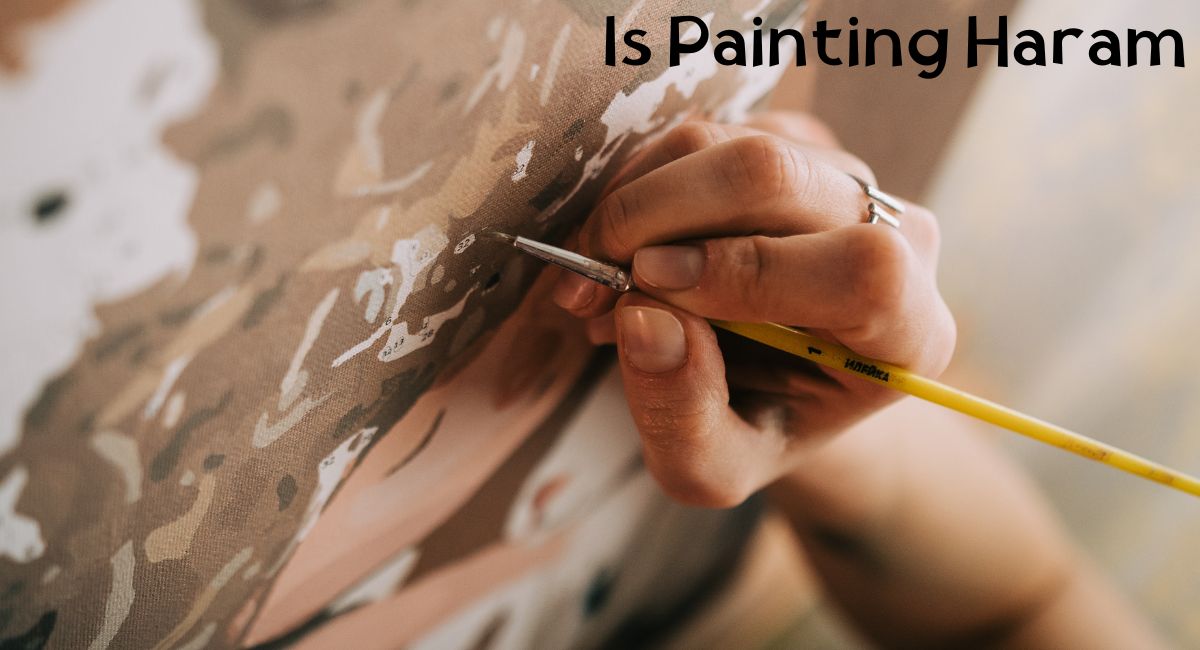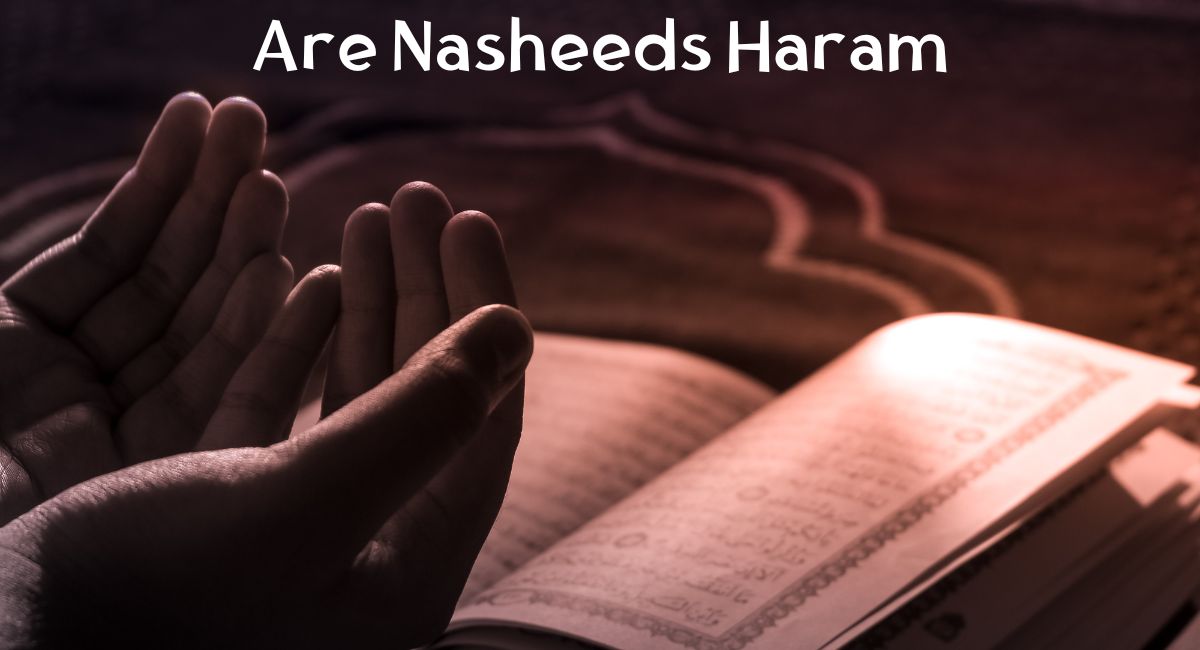The celebration of Easter, a significant Christian holiday commemorating the resurrection of Jesus Christ, has sparked discussions and debates among Muslims worldwide. In a world where cultural diversity is celebrated, questions arise about whether it is permissible (halal) or forbidden (haram) for Muslims to partake in Easter festivities.
This article delves into the nuanced perspectives within the Islamic community, exploring the religious and cultural considerations that come into play when Muslims contemplate joining in the Easter celebrations.
While opinions vary, it is essential to understand the differing viewpoints and make informed choices about how to engage with Easter in a manner consistent with one’s faith and personal beliefs.
Is It Haram to Celebrate Easter
The question of whether it is permissible (halal) or forbidden (haram) for Muslims to celebrate Easter is one that arises from the intersection of Islamic teachings and cultural practices. To explore this, it is important to consider the guidance offered by the Quran, Hadiths (sayings of the Prophet Muhammad), and interpretations by Islamic scholars.
Quranic Verses and Hadith References
The Quran, the holy book of Islam, does not explicitly address the celebration of Easter. However, there are verses that speak about the importance of following Islamic principles and avoiding practices that are associated with other religions.
One such verse is Quran 2:169, which states:
“O mankind, eat from whatever is on the earth and halal and pure, and do not follow the footsteps of Satan. Indeed, he is to you a clear enemy.”
This verse is often interpreted to mean that Muslims should avoid consuming food or participating in activities that are associated with non-Islamic religions. This could include celebrating non-Islamic holidays, such as Easter.
Another relevant verse is Quran 5:51, which states:
“O you who have believed, do not take as intimate friends those who take your religion as ridicule and amusement. And fear Allah if you are believers.”
This verse is interpreted to mean that Muslims should avoid close friendships with people who openly mock or ridicule their faith. This could include participating in celebrations that are associated with a religion that contradicts the beliefs of Islam.
In addition to the Quran, there are also hadiths, which are sayings or actions attributed to the Prophet Muhammad, that may be relevant to this discussion. One such hadith is narrated by Abu Hurairah, who reported that the Prophet Muhammad said:
“Whoever resembles a people is one of them.” (Sunan Abu Dawud)
This hadith is interpreted to mean that Muslims should avoid imitating the practices of other religions. This could include celebrating non-Islamic holidays, such as Easter.
Scholar Interpretations
Islamic scholars have differing opinions on whether it is haram to celebrate Easter. Some scholars believe that it is strictly forbidden, while others believe that it is permissible under certain circumstances.
One of the most prominent scholars to address this issue is Sheikh Muhammad ibn Uthaymeen, a Saudi Arabian scholar who was known for his moderate views. In his book Sharh al-Aqidah al-Tahawiyyah, he states:
“It is not permissible for a Muslim to celebrate the festivals of the disbelievers, such as Easter and Christmas, by imitating their actions or showing joy for their festivals. However, if a Muslim is forced to attend a celebration, such as a work event or a school function, then he should not participate in any of the rituals or festivities that are associated with the holiday.”
This interpretation suggests that Muslims should avoid actively participating in Easter celebrations, but they may be allowed to attend non-religious gatherings, such as work events or school functions, as long as they do not participate in any activities that are associated with the holiday.
Are Easter Eggs Haram
Whether or not Easter eggs are haram is a complex question that depends on a number of factors, including the ingredients of the eggs, the way they are produced, and the intentions of the person eating them.
Ingredients
The most common ingredients in Easter eggs are chocolate, sugar, milk, and eggs. All of these ingredients are halal, which means that they are permissible for Muslims to eat according to Islamic law.
However, some Easter eggs may contain other ingredients that are not halal, such as gelatin or alcohol. Gelatin is often made from pork, which is haram for Muslims to eat. Alcohol is also haram for Muslims to consume.
Production
Some Easter eggs may be produced in a way that is not halal. For example, some Easter eggs may be made in factories that also produce non-halal products, such as pork or alcohol. If an Easter egg is produced in a way that comes into contact with non-halal products, then it is not considered halal.
Intentions
The final factor to consider is the intentions of the person eating the Easter egg. If the person is eating the Easter egg to celebrate Easter, then it is considered haram. This is because Easter is a Christian holiday, and Muslims are not allowed to participate in the celebrations of other religions.
Can Muslims Go to the Easter Show
Whether or not a Muslim can attend the Easter Show depends on their understanding of Islamic teachings and their personal interpretation of those teachings.
Some Muslims believe that it is not permissible for them to participate in non-Muslim celebrations, such as Easter, as this could be seen as an imitation of kuffar (non-believers) and a violation of the principle of shirk (associating partners with Allah).
Others believe that it is permissible to attend such celebrations as long as one does not engage in any activities that are considered haram (forbidden), such as consuming alcohol or gambling.
Ultimately, the decision of whether or not to attend the Easter Show is a personal one that should be made by each individual Muslim. There is no one-size-fits-all answer, and each person should weigh the potential benefits and risks of attending the event according to their own beliefs and values.
Here are some factors that a Muslim might consider when making this decision:
- The purpose of the event: If the main purpose of the Easter Show is to celebrate Easter, then a Muslim might decide that it would be inappropriate for them to attend. However, if the event is more focused on entertainment and family fun, then a Muslim might feel more comfortable attending.
- The specific activities that will be taking place: If the Easter Show includes activities that are considered haram, such as consuming alcohol or gambling, then a Muslim would likely decide not to attend. However, if the event includes activities that are considered halal (permissible), such as watching animal shows or shopping at stalls, then a Muslim might feel more comfortable attending.
- The overall atmosphere of the event: If the Easter Show is known for being a boisterous and alcohol-fueled event, then a Muslim might decide that it would be too distracting or uncomfortable for them to attend. However, if the event is more family-friendly and respectful of religious sensibilities, then a Muslim might feel more comfortable attending.
It is important to note that there is no consensus among Muslims on this issue. Some Muslims hold very strict views about the permissibility of attending non-Muslim celebrations, while others are more open-minded. Ultimately, the decision of whether or not to attend an event like the Easter Show is a personal one that should be made by each individual Muslim.






